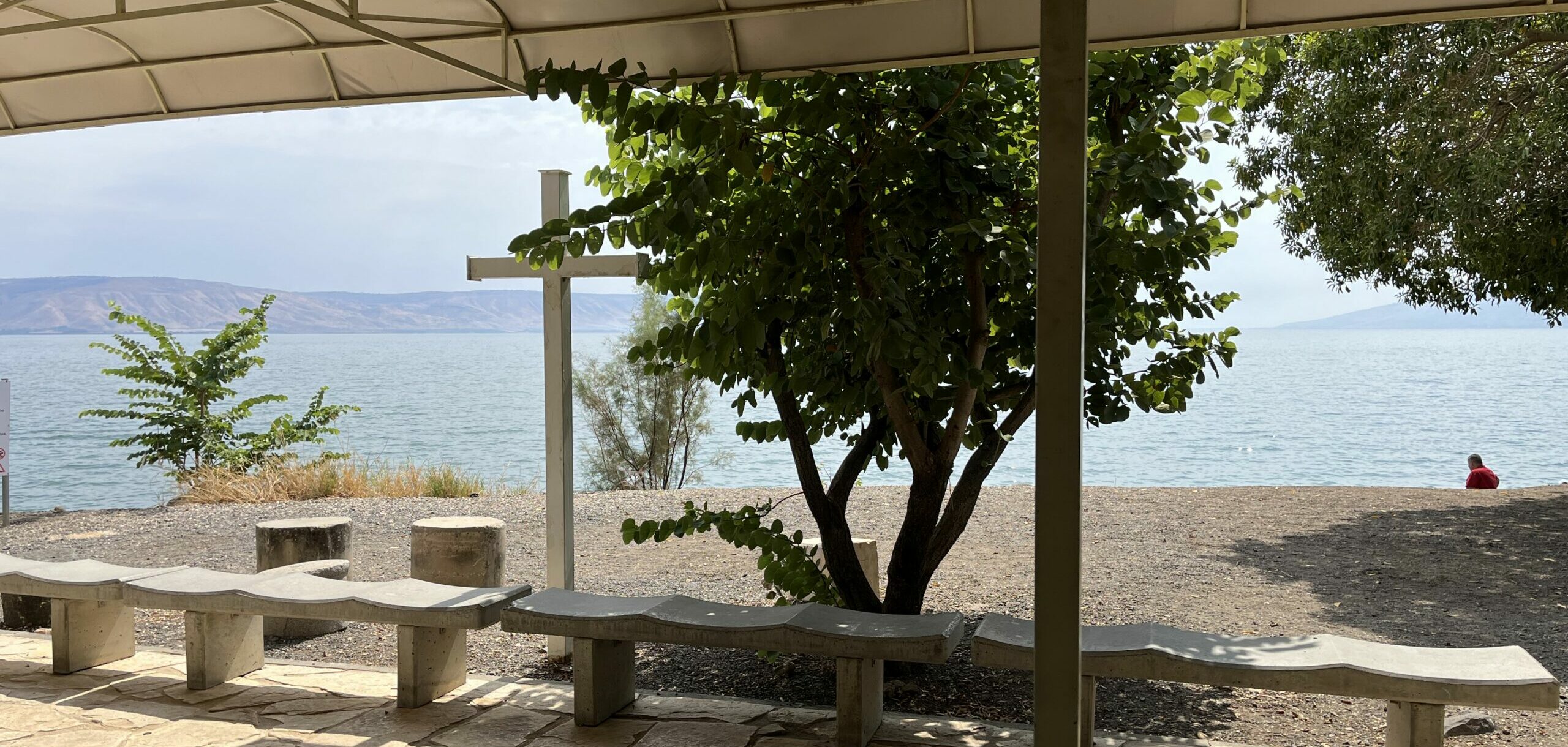Below are two interesting questions I received on email. I publish with his permission:
Dear Father Nix,
Please be so kind and share with me your explanation of following
passage:
Mark 6:1-6
“Jesus left there and went to his hometown, accompanied by his
disciples. When the Sabbath came, he began to teach in the
synagogue, and many who heard him were amazed. “Where did this
man get these things?” they asked. “What’s this wisdom that
has been given him? What are these remarkable miracles he is
performing? Isn’t this the carpenter? Isn’t this Mary’s
son and the brother of James, Joseph, Judas and Simon? Aren’t
his sisters here with us?” And they took offense at him. Jesus
said to them, “A prophet is not without honor except in his own
town, among his relatives and in his own home.” He could not do
any miracles there, except lay his hands on a few sick people and
heal them. He was amazed at their lack of faith.”
Who are brothers and sisters mentioned? Why He could not do any
miracles if He is God?
It would be very helpful to have your comment derived from Church
Magisterium. Thank you in advance.
God bless you!
Tim
—
Dear Tim,
Thanks for writing.
1) The word in Greek for brothers and sisters simply means “relatives.” Many languages across the world often use brothers and cousins interchangeably. (I even found that helping a Nepali guy in a hospital once who asked for his brother but meant his cousin.) The Church Fathers all knew this, which is why you will not see one single early Christian doubt the perpetual Virginity of Our Lady. That only came with the second wave of Protestants around the 17th century, as even Calvin and Luther believed in the Perpetual Virginity of Mary
2) God’s power is infinite but He Himself has chosen to will that His power for miracles be dependent on the faith of either the receiver or the worker. God could “force” miracles upon man, but then God wouldn’t be respecting man’s freedom, which, again, He has Himself chosen to will as a gift to man, even though God was not constrained in His eternity to make man like that. Thus, miracles are usually dependent on the faith of the recipients. St. Mark says Christ “could not do any miracles there” not because Christ was limited, but because his cousins and relatives were limited in their faith.
AMDG
Fr. David
